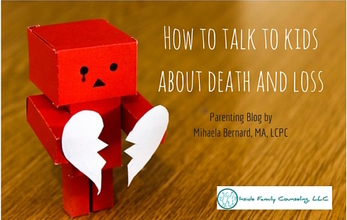
Number 2. Relationships with peers become more important than relationships with parents and family.
Number 3. Sexuality and dating…
Number 4. Risk taking behaviors are developmentally appropriate but still risky.
Number 5. Teenagers are impulsive.
Number 6. Even though their bodies are becoming more adult, they still think like teenagers.
Number 7. EVERYTHING that peers say or think becomes important.
Number 8. Teenagers are at risk for suicide if struggling with mental health issues that are often escalated by social status and peer relationships.
Number 9. Girlfriends and boyfriends can influence behavior, sometimes leading to devastating consequences.
Number 10. Teenagers are at risk for substance abuse and sexually acting out at parties and sleepovers.
Number 11. Adolescents begin to pay more attention to problems and issues within the family and often seek an escape in friendships.
Number 12. The types of friends teens have is usually reflective of their internal emotional and psychological state.
Number 13. An empathic, understanding and authoritative (NOT authoritarian) parent, who is involved in their teen’s life, can provide much needed support, appropriate limits, education and professional help if needed.







 RSS Feed
RSS Feed